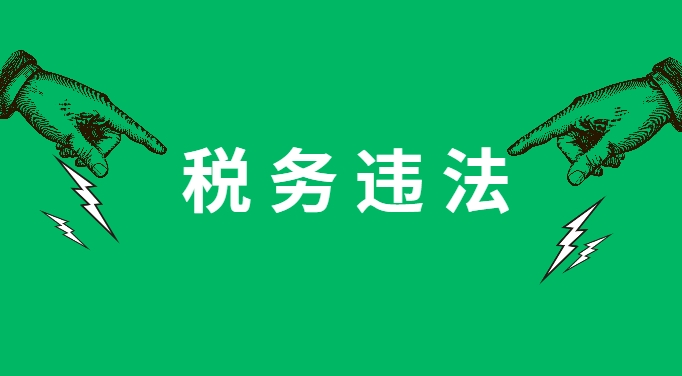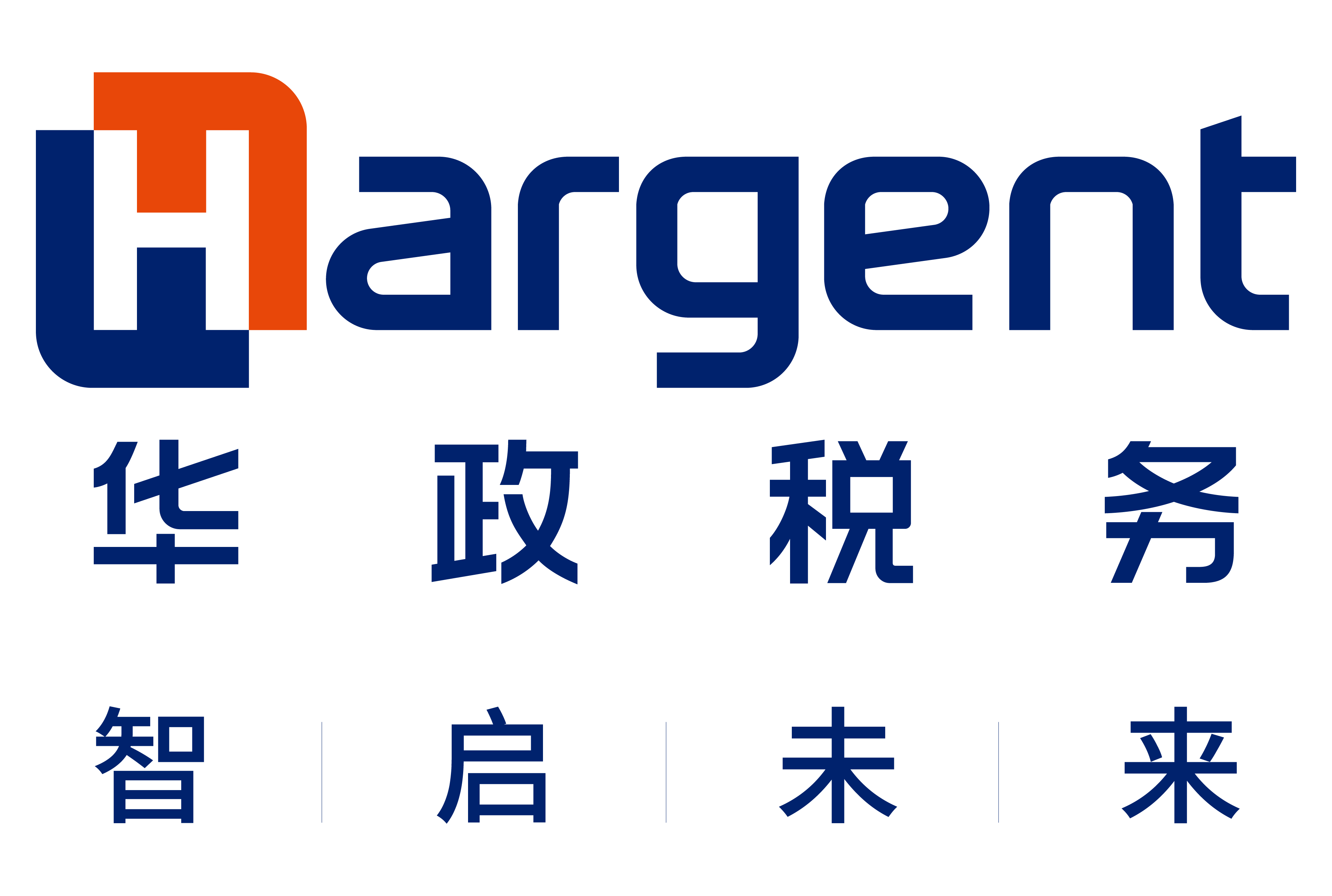1. How to declare during the transition period of the Stamp Act
Article 15 of the "Stamp Act": "The time when the tax liability for stamp tax occurs is the day when the taxpayer writes the taxable certificate."
Therefore, the declaration should be made during the tax declaration period in which the taxable document is issued. If the declaration is made on a quarterly basis, the first declaration period of the new stamp duty law will be in October. The taxable vouchers declared in July are taxable certificates before July, which should be implemented in accordance with the old "Provisional Regulations on Stamp Act".
2. Clarify the place where stamp tax is paid
Article 13 of the Stamp Tax Law: “If the taxpayer is an entity, it shall declare and pay stamp duty to the competent tax authority where the taxpayer is located; if the taxpayer is an individual, it shall declare and pay the stamp duty to the competent tax authority at the place where the taxable certificate is established or where the taxpayer resides. Stamp duty. In the event of a transfer of real estate property rights, the taxpayer shall declare and pay stamp duty to the competent tax authority where the real estate is located.”
According to this regulation, the issue of the place where the stamp duty is paid is clarified. Except for the transfer of real estate property rights, the tax declaration and payment shall be made at the competent tax authority where the real estate is located.
3. Clarify the tax payment deadline for stamp tax
Item 3 of Article 1 of the Announcement of the State Administration of Taxation on Implementing the Stamp Tax Law of the People's Republic of China and other related matters (Announcement of the State Administration of Taxation [2022] No. 14) stipulates that stamp duty is calculated and levied on a quarterly, yearly or monthly basis. Stamp tax on taxable contracts and property transfer documents can be declared and paid on a quarterly basis or by time, and stamp tax on taxable business books can be declared and paid on an annual basis or by time. Sure.
In addition, the "Stamp Duty Law" abolished the practice of light tax and heavy punishment, and implemented it uniformly in accordance with the Collection and Administration Law, which means that if there is a delay in paying tax in the future, there will be late payment fines.
4. Are agreements and contracts signed between the internal branches of the same legal person subject to stamp tax?
Paragraph 4 of Article 2 of the "Announcement on the Implementation of Policies on Several Matters of Stamp Tax" (Announcement No. 22 [2022] of the Ministry of Finance and State Administration of Taxation) stipulates that the implementation plan of the head office and the branch, and between the branch and the branch is the implementation plan. The vouchers used are not subject to stamp duty collection. "
According to the "Notice of the State Administration of Taxation on the Collection of Stamp Tax on Relevant Vouchers Used by Enterprise Groups" (Guo Shui Han [2009] No. 9): "For the voluntary agreement between entities with equal legal status in an enterprise group, the purchase and sale relationship between the two parties shall be clarified, Stamp duty shall be levied on vouchers with contractual nature based on supply and settlement. No stamp duty shall be levied on vouchers without contractual nature that are used within the enterprise group to execute plans.”
According to Article 464 of the Civil Code: "A contract is an agreement between civil subjects to establish, modify, and terminate a civil legal relationship." A branch is an unincorporated subject, that is, a non-civil legal subject.
Therefore, agreements and contracts signed between internal branches of the same legal person are not required to pay stamp duty if they are used as execution plans.
















